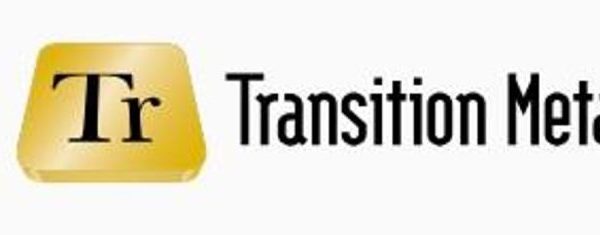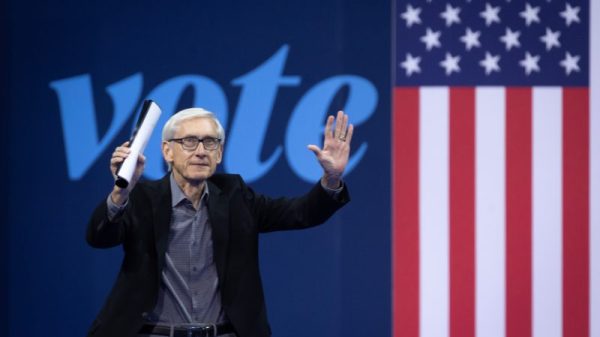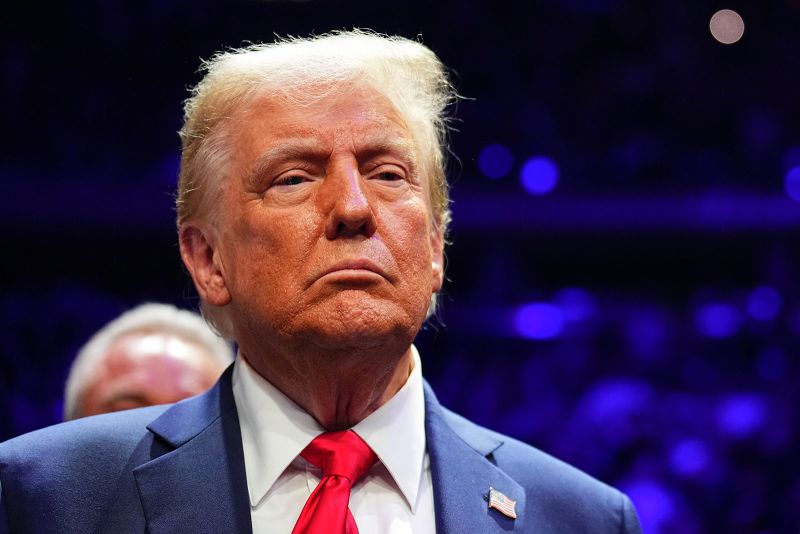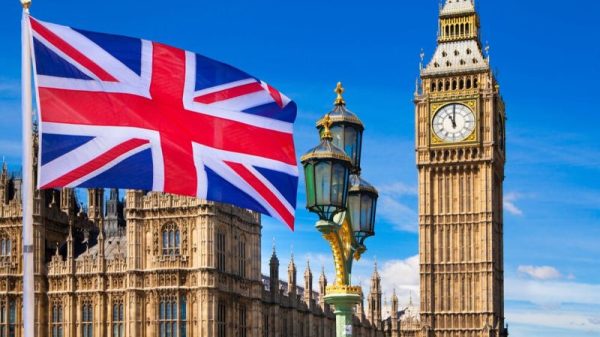In his speech marking his election win, President-elect Donald Trump hailed a new “golden age of America” and claimed to have pulled off the “greatest political movement of all time.”
The president-elect and his camp celebrated the Republican’s political comeback as a triumph against “wokeism,” liberal immigration and other Biden-era policies.
Europe’s far-right is taking notes.
Many of Europe’s populists are hoping that the return of Trump – a transatlantic ally who promotes the same conservative Christian values and shares the same disdain for progressive politics – will help to serve their interests back home and further normalize their anti-immigrant, nation-first rhetoric.
“Congratulations President Trump… Never stop, always keep fighting and win elections,” Geert Wilders, the populist leader of the Dutch Freedom Party (PVV), wrote on X on November 6.
Alternative for Germany (AfD) co-leader Alice Weidel also offered her congratulations and declared that it was not “woke Hollywood” but rather the “working American people” that decided the election.
For Hungary’s Viktor Orbán, of the Fidesz party, it was a “much needed victory for the world.”
However, Armida van Rij, a senior research fellow at Chatham House, stresses the importance of not viewing far-right parties in Europe as one homogenous group. Yet, there are common overlapping themes among Europe’s populists that are also present in Trump’s playbook.
Van Rij points to the “anti-woke, traditional values, anti-green transition and the anti-migration agenda.”
Europe’s Green Deal has faced backlash from far-right groups who want to weaken climate legislation or ignore climate action entirely. Similarly, Trump has promised to take a wrecking ball to virtually all of President Joe Biden’s efforts to reduce carbon emissions and accelerate the shift away from fossil fuels.
‘Normalizing and amplifying ideas’
This sentiment is clear when looking at the language employed by the far-right; In Austria, provocative anti-migration slogans such as “homeland love instead of Moroccan thieves” are the norm for the Freedom Party (FPÖ). In Germany, anti-Islam sentiment has been palpable in AfD posters with the tagline “Burkas? We prefer bikinis.”
Such rhetoric seems shocking to many who read it. But, according to analysis from the Center for European Reform, a London-based thinktank focused on European integration, Trump will strengthen Europe’s far-right by “normalizing and amplifying” their ideas. Trump himself has employed controversial rhetoric while vocalizing his hardline views on immigration, calling the US a “garbage can for the world.”
One far-right leader who on the surface looks set to benefit from a Trump presidency is Hungary’s long-standing leader, Viktor Orbán. He has been among the most prominent of Europe’s populists voicing his support for Trump and even said he toasted to his election victory with vodka, according to the Agence France-Presse.
Russian President Vladimir Putin’s closest ally in Europe, Orbán has been ostracized by the bloc for his introduction of anti-LQBTQ laws, his increasingly authoritarian rule in his home country and his soft approach to Russia. While provoking the ire of his European peers, Orbán’s relationship with Trump appears positive, with Orbán endorsing his presidency, and Trump touting the prime minister’s backing.
Van Rij believes that with Trump in power in the US, Orbán could “feel further emboldened to put aside any rule of law concerns, whether that’s domestically or within an EU context,” reasoning that “if Trump can do that, why should anyone follow rule of law.” Trump earlier this week had his last remaining federal criminal case, relating to illegally retained classified documents as well as charges related to election subversion, dismissed by a US court.
With Trump in the White House, Orbán and other populist European leaders who have a softer approach to Russia could feel emboldened in their calls to end the war in Ukraine. In Romania, far-right populist Calin Georgescu who has risen to prominence and is set to face a center-right opposition leader in a presidential election runoff, in 2022 described Putin as a “man who loved his country.”
Trump has been vocal in his goal to end the war in Ukraine as soon as possible, even claiming in July that he could settle the conflict in one day. He has also been accused of cozying up to dictators, including Putin.
“As we know, any kind of peace agreement on Putin’s terms would be terrible for Ukraine and terrible for European security,” Van Rij stresses.
“Trump’s reelection purely underscores all of that.”
‘Warm air of historical righteousness’
Overall, Van Rij sees “a lot of convergence in thinking” between Trump and some of Europe’s populist parties.
But, despite the fanfare with which Trump’s reelection was met with, surface-level similarities may soon reveal underlying key conflicts of interest.
“There’s a bit of a contradiction between (populists) feeling like they’ve got their man in the White House, versus the actual implications for their countries of his policies,” Van Rij believes.
She points to economic policy as a prominent example.
The president-elect’s promise of an America First trade policy has the EU bloc on a knife edge. And the fallout could hit populist leaders hoping to gain power in Europe.
France’s Marine Le Pen, who leads the populist National Rally (RN) party, offered a more muted response to Trump’s election win – perhaps an indication of a populist leader showing early signs of concern.
Data from Eurostat shows that France was the fourth-largest EU exporter of goods to the United States in 2023. Van Rij says France would therefore be disproportionately hard-hit by Trump’s America First trade policy. Further, Le Pen, whose party holds a large number of seats in parliament, might be concerned that any trade tariffs on Europe could impact her campaign for the French presidency.
Liana Fix, a fellow for Europe at the Council on Foreign Relations, also sees why Le Pen could be concerned about her chances of gaining power.
Earlier this month, French prosecutors asked for prison time and a five-year ban from politics for Le Pen, potentially derailing her bid to become president in 2027.
There is also reason to believe that Orbán’s celebrations are premature. The Hungarian leader’s strong business ties with China’s Xi Jinping could prove to be a major sticking point. Hungary has successfully attracted Chinese foreign investment to the country, and the close relationship is already causing concern among some Republicans.
“China is seen as arch enemy number one by some in the Republican party, and Trump shares that view,” Van Rij says. “That’s an interesting contradiction and something Orbán will have to face and reckon with at some point. I think the US will try to force Orbán in one direction or the other. Orbán won’t like that because he likes being able to place different bets.”
Similarly, Fix sees Orbán running into difficulties with trying to “court” Trump and Xi at the same time.
Fix says that while a Trump win “definitely emboldens European populists and inoculates them against criticism from Brussels,” we must not forget that “European populists are divided amongst each other – Le Pen does not get along with (Italian Prime Minister Giorgia) Meloni, for example, and no one gets along with the AfD.”
“The diversity of Europe’s populists will be the greatest challenge to benefiting from the warm air of historical righteousness coming from DC,” Fix believes.
“Of course, all populists parties share the migration topic, and the anti-left rhetoric. But on economic policy? Big divergences between Trump and Le Pen. Foreign policy? Meloni has been a Ukraine supporter. Trump not.
“The closer you zoom in, the more nuanced it becomes.”

























